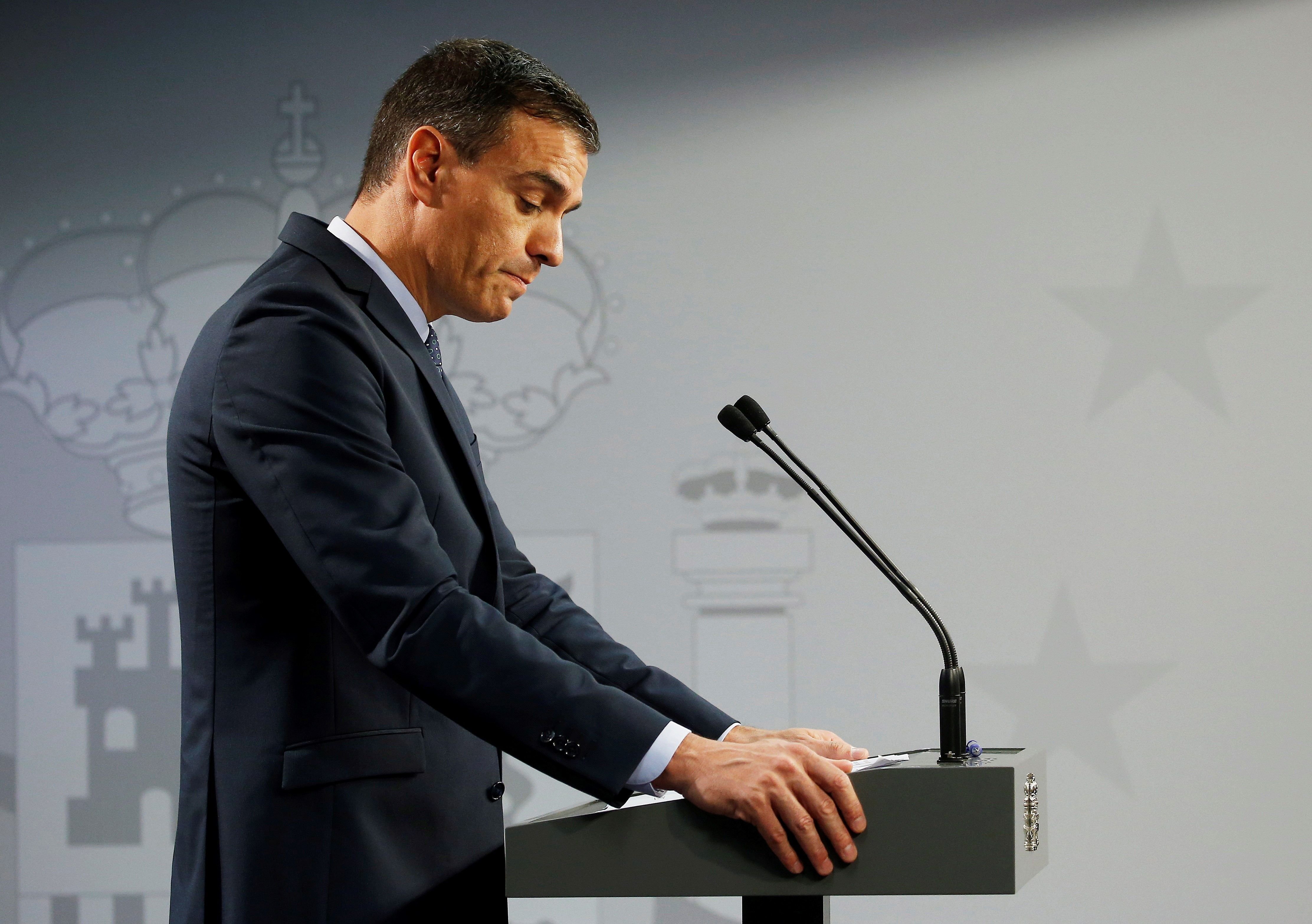"Today, if they want." Speaking from Brussels, where he was attending the European Council meeting, Spanish PM Pedro Sánchez declared himself ready to "reach an agreement as soon as possible" on the renewal of the General Council of the Judiciary (CGPJ), a thorny issue which has suddenly attracted European Commission eyes. The Spanish prime minister urged the opposition Popular Party (PP) to sit down and negotiate. That could spell the end of the proposal for legislative reform registered by the governing coalition parties, PSOE and Unidas Podemos, aimed at allowing them to select Council members with a 50% majority on the second ballot, instead of the current 60%. In any case, Sánchez said he was open to "all concessions" needed to reach an agreement ahead of this reform. "If the PP wants to once again show a sense of state, obviously the government is more than willing to reach an agreement now, without waiting another second," he asserted.
At a press conference from Spain's office at the European Union, the prime minister dodged the issue of Brussels's attention to the reform of how Spain chooses its judges, simply expressing "absolute respect" for the statements made the spokesperson yesterday. Sánchez said he advocated reform for two reasons. First, to create a "safeguard" in case of blockage, but maintaining the three-fifths margin on the first ballot. Second, to limit the powers of the senior judiciary body when under "acting" status so that it cannot continue appointing judges, as it is doing now. He did not clarify whether he would withdraw the reform altogether despite being asked directly about it. But after all this, he did express a "maximum willingness to give way" to the opposition PP.
"The proposal that has been put forward offers a way out, it is an anti-blocking law in the face of a position of obstruction," said the Spanish PM. However, he noted that to avoid it, there is "an easy solution." This would be for the PP to once again "return to the path" of a sense of state, and the fulfillment of its obligations, so that "the renewal of a fundamental body can be addressed." And he added: "As simple as that." He recalled that the current General Council of the Judiciary, the body which governs the Spanish judiciary, "emanates from a parliamentary majority in 2011 and we are in 2020".
Reviewing the events which have led to the renewal of the Council to have become two years overdue, Sánchez recalled that the PP has twice broken agreements with the PSOE: first in 2018 and then this summer. At the press conference, this was the subject that dominated discussion, and Sánchez focused his responses on urging the PP to sit and talk about the body's renewal: "We are open, from today on, to sit down and negotiate under the principles agreed in late July and early August, which were broken unilaterally by the PP”.
The European Commission warning
The European Commission yesterday cautioned Spain about the judicial law reform that the Spanish president wants to pass. The Commission's justice spokesperson, Christian Wigand, warned in a statement that Europe would follow this reform "closely" because it perceives an attempt to politicize the administration of justice, and asked Sanchez to "consult the relevant stakeholders" before taking the final step. According to the European Commission, "it is important to ensure that the Council is not perceived as vulnerable to politicization".

